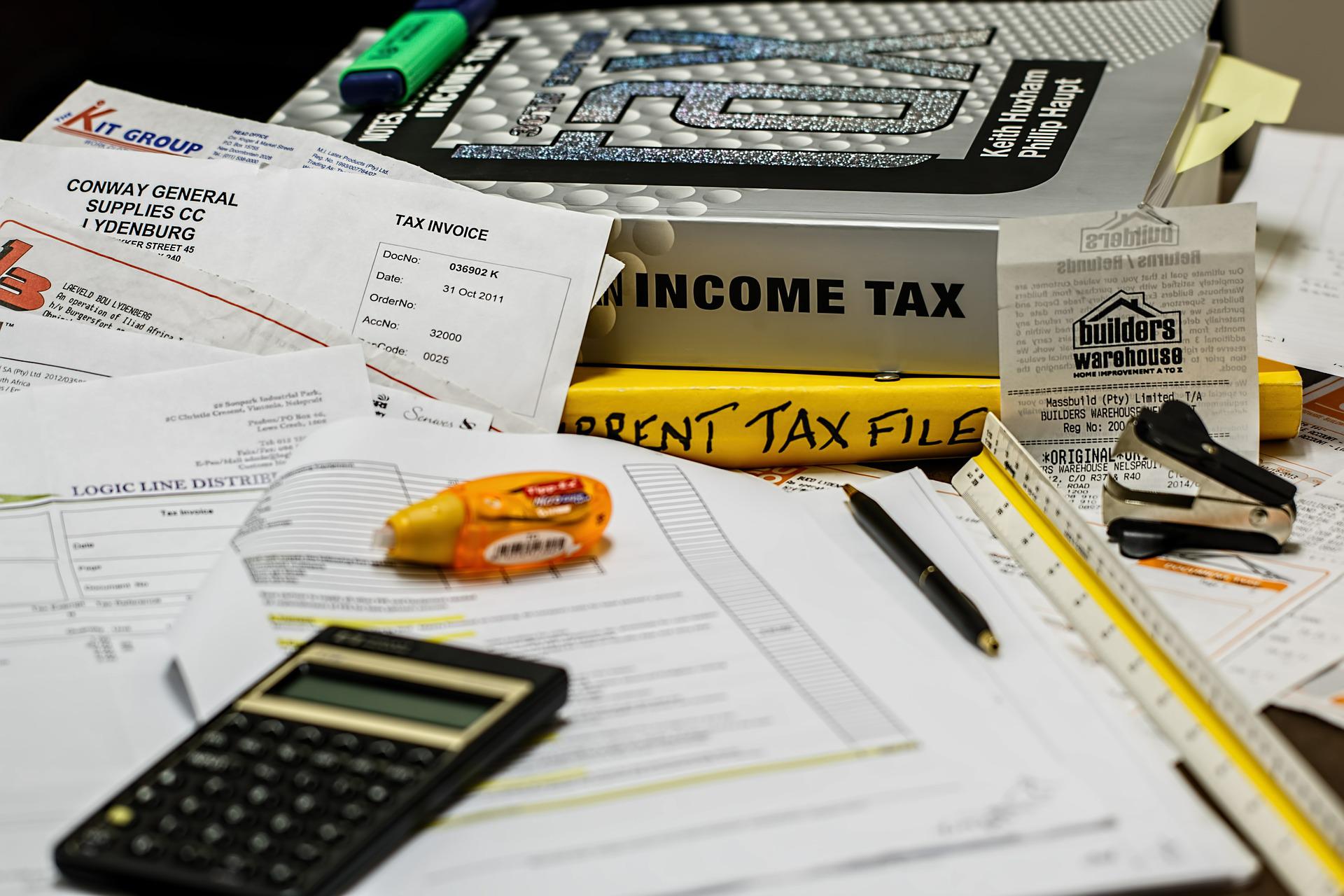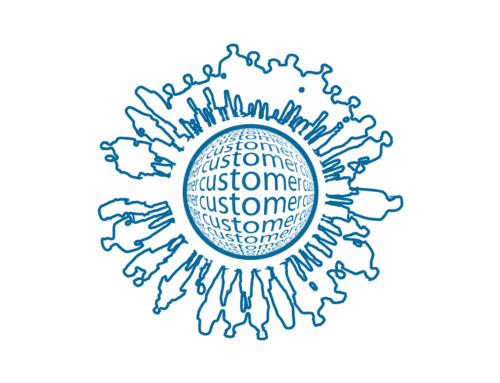
The end-use regime allows goods to be imported duty-free or at a reduced rate of duty if they are intended for a certain use. The duty exemption or reduction in connection with a certain processing of the goods must be provided for in the Customs Tariff.
The purpose of the end-use regime is to increase processing activity within the Union, especially for certain types of processing.
Characteristics and modalities of use
Checks that the goods placed under the end-use procedure have actually been put to the intended use are carried out by the Customs Office by examining the accounting records and the bill of discharge.
If the goods placed under the end-use procedure do not obtain the intended use, the duty normally specified in the customs tariff for that type of goods must be paid.
The application for an end-use authorisation must be submitted using the Customs Decision System (CDS). This EU system allows applications to be submitted and authorisations to be issued by customs offices in a computerised manner.
In order to use the end-use procedure, it is necessary to apply for an authorisation from the competent customs office at the place where the applicant’s accounts for customs purposes are held and where at least part of the activities related to the procedure are carried out (processing, bonding) in application of Art. 22 EU Reg. no. 952/2013.
Equivalent goods may be used in the end use, i.e. Union goods instead of the third goods entered for the procedure to obtain the intended product. Union goods must have the same eight-digit CN code, the same commercial quality and the same technical characteristics as the third goods they replace.
Goods placed under the end-use procedure may be transferred by the person who holds the authorisation and has carried out the import to another person who will carry out the intended processing.
The transfer of the imported end-use goods to another processor may already be provided for in the authorisation or authorised at a later date by a special measure.
Reference legislation:
Art. 211-225 and Art. 254 EU Regulation 952/2013
Art. 239 EU Reg. 2446/2015
National provisions and administrative practice documents:
Other services




